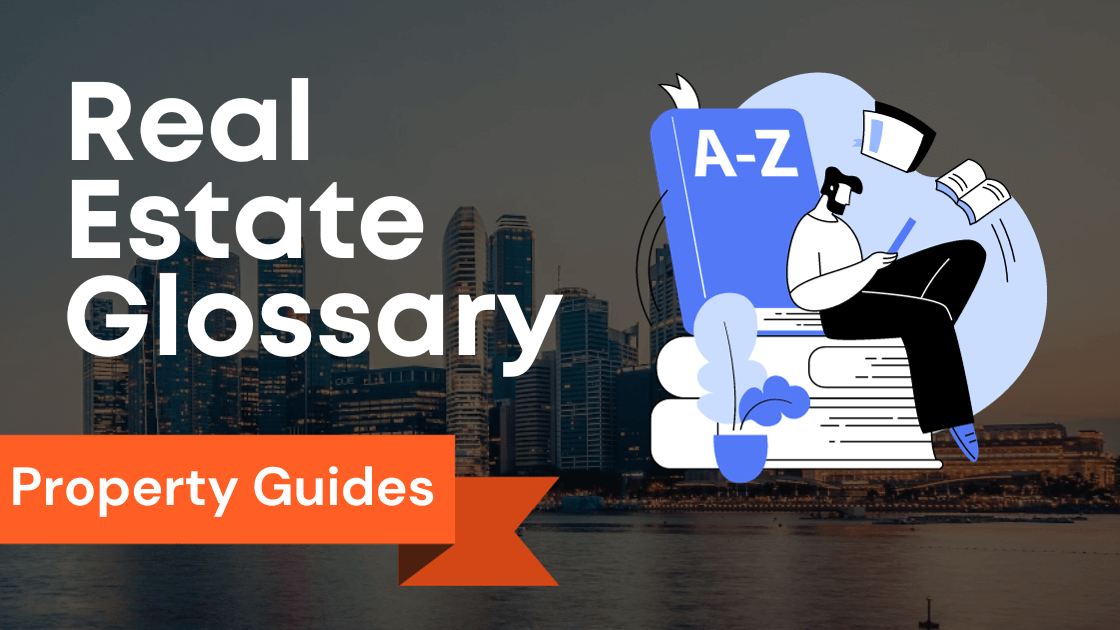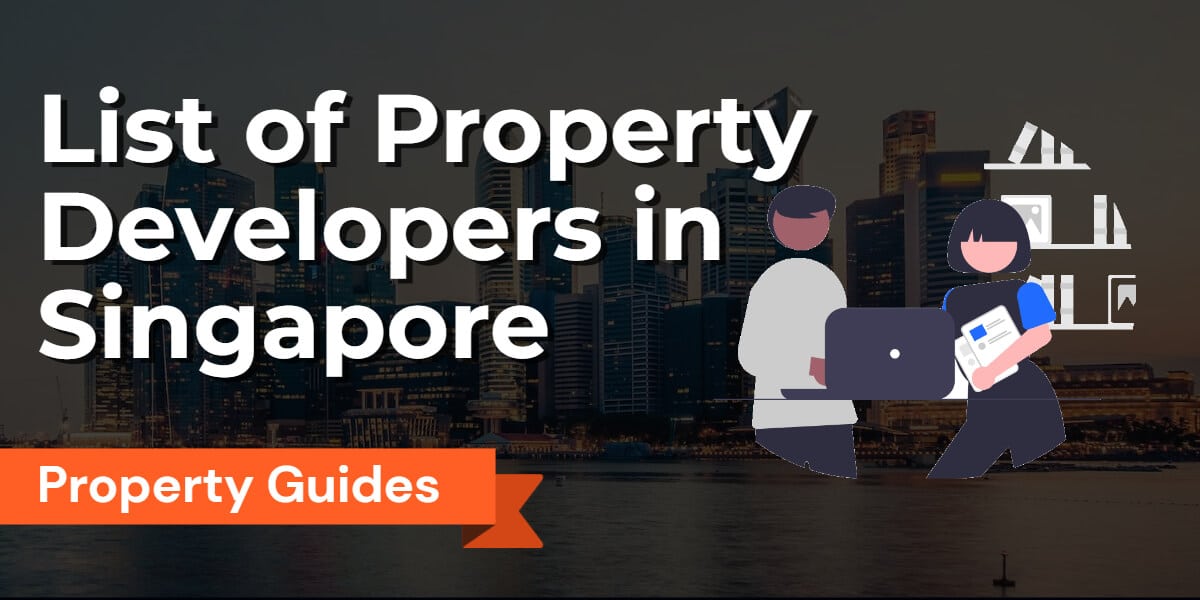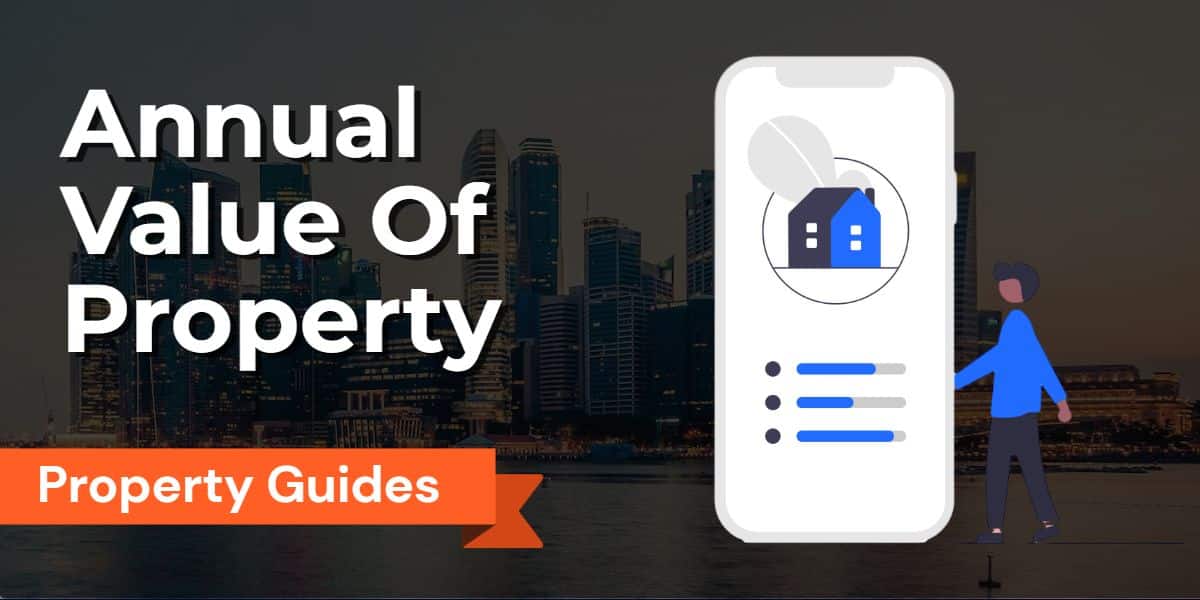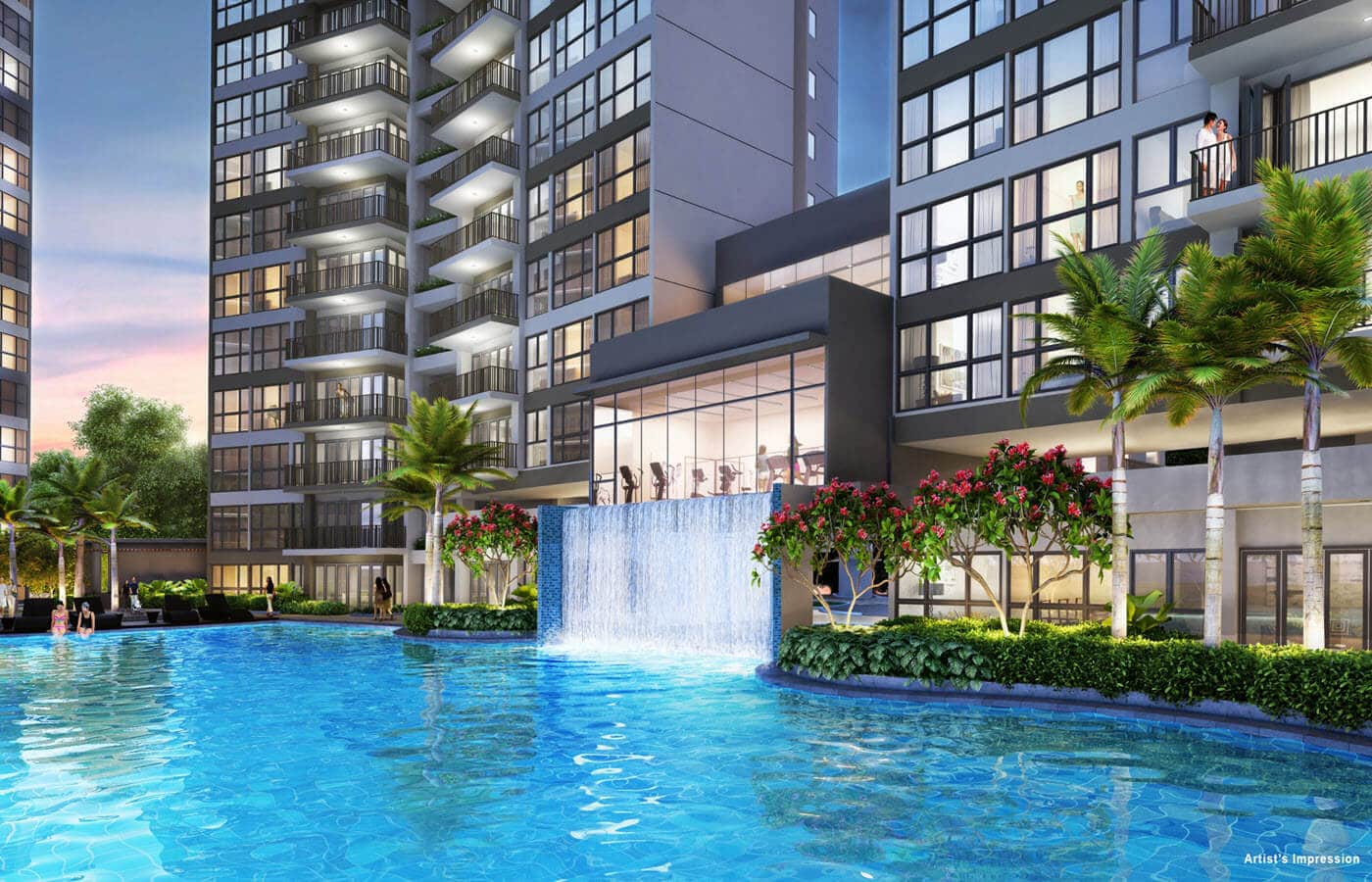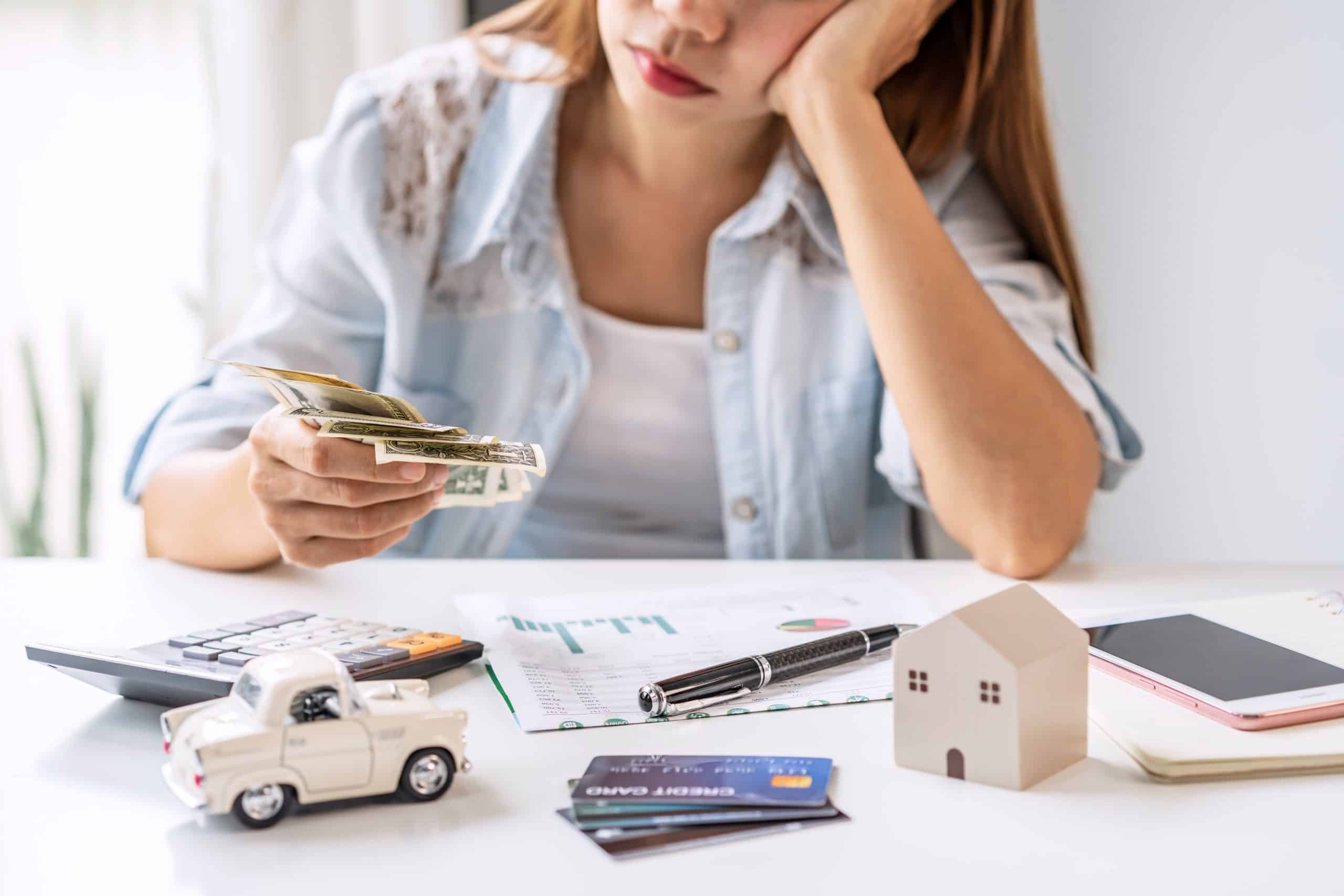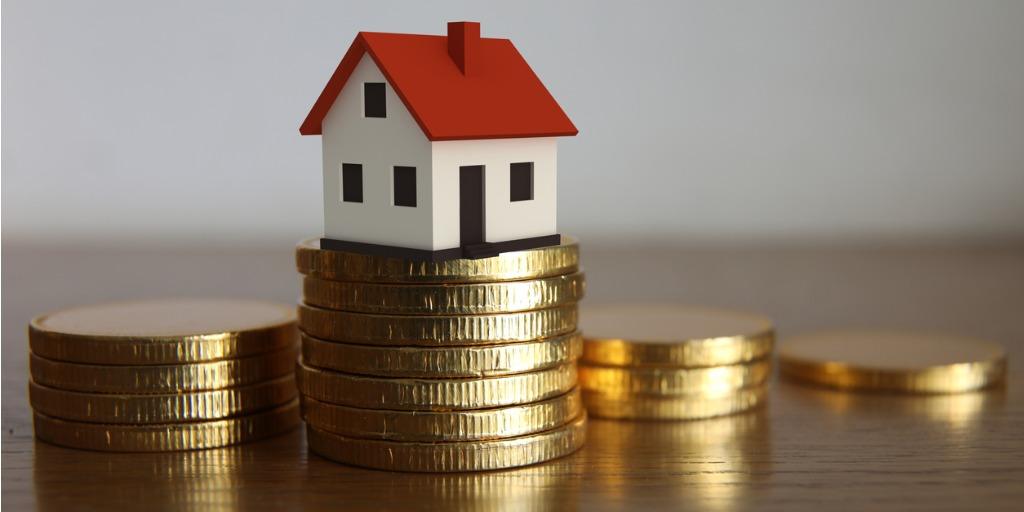
Are you curious about the initiatives revitalizing older public housing estates in Singapore?
Look no further!
This blog explores the Voluntary Early Redevelopment Scheme (Vers) and the Selective En bloc Redevelopment Scheme (SERS).
These government-led initiatives aim to improve the quality of older housing estates, ensuring they remain relevant, livable, and sustainable for Singaporeans.
We’ll delve into the eligibility criteria, benefits for homeowners, and the Significance of public housing in Singapore.
Get ready to discover how these schemes contribute to the renewal of the cityscape and affordable housing for all!
Key Takeaways
| Topic | Key Takeaways |
|---|---|
| Vers and SERS Introduction | – Vers and SERS are public housing schemes in Singapore to renew older housing estates and ensure they remain relevant, liveable, and sustainable. |
| – Vers is a voluntary scheme, while SERS is dependent on the government selecting the specific estate for redevelopment. | |
| Eligibility for Vers and SERS | – HDB flat owners in selected public housing estates with high redevelopment potential are eligible for both Vers and SERS. |
| – SERS eligibility depends on the government’s selection, while Vers is a voluntary scheme. | |
| Benefits of Vers and SERS | – Upgrading living environment, new facilities, and more modern homes for flat owners. |
| – Unlocking the value of flats and receiving compensation for homeowners. | |
| – Contributing to the overall renewal of the cityscape and ensuring affordable and sustainable public housing in Singapore. | |
| Significance of public housing in Singapore | – Public housing provides affordable homes for the majority of Singaporeans. |
| – Government recognized the need for public housing shortly after independence due to severe housing shortage. | |
| Evolution of public housing in Singapore | – Considerable investment in upgrading existing flats, introducing new models, and providing additional resources. |
| – HDB provides housing for over 80% of the population in various sizes and types. | |
| HDB flats and their function | – HDB flats are government-owned apartments leased to Singaporeans for 99 years. |
| – They provide affordable homes for different income groups and family sizes. | |
| Vers scheme and how it works | – Voluntary early redevelopment scheme that allows HDB flat owners to vote for redevelopment when the lease nears its end. |
| – Compensation and the option to purchase a new flat are provided if the estate is selected for Vers. | |
| SERS scheme and how it differs from Vers | – Government initiative for comprehensive redevelopment of selected HDB estates. |
| – Dependent on the government’s selection, HDB flat owners receive compensation and can choose a new flat. | |
| Similarities and differences between Vers and SERS | – Both aim to renew public housing estates with high redevelopment potential. |
| – Vers is voluntary, while SERS is dependent on government selection. | |
| Government’s role in renewing older housing estates | – Ensure good quality public housing that meets changing needs. |
| – Investments in renewal and redevelopment to enhance living conditions, increase property values, and foster pride in communities. | |
| Issue of lease decay in public housing | – Lease decay refers to the decrease in value as the remaining lease decreases. |
| – Difficulties in selling properties and securing bank loans due to lease decay. | |
| Government measures to address lease decay | – Lease Buyback Scheme and SERS to enable monetization and move into new homes with longer leases. |
| Impact of Vers and SERS on HDB flat owners | – Upgrading living environment, new facilities, and comfort for flat owners. |
| – Financial considerations when deciding to participate in the schemes. | |
| Eligibility criteria for Vers and SERS | – Vers: Flat reached 70 years of lease remaining, majority of owners agree to redevelopment. |
| – SERS: Aging HDB blocks with high redevelopment potential selected by the government. | |
| Redevelopment potential of HDB flats | – Many H |
Introduction to the Vers and SERS schemes in Singapore
What are Vers and SERS?
The Voluntary Early Redevelopment Scheme (Vers) and Selective En bloc Redevelopment Scheme (SERS) are public housing schemes launched by the Singapore government to improve older housing estates in the country.
They are part of the government’s efforts to renew older public housing estates and ensure they remain relevant, liveable, and sustainable for Singaporeans.
Who qualifies for Vers and SERS?
HDB flat owners living in selected public housing estates with high redevelopment potential are eligible for both schemes.
However, SERS depends on the government setting the specific estate for redevelopment, while Vers will be a voluntary scheme.
What are the benefits of Vers and SERS?
For HDB flat owners, Vers and SERS offer the opportunity to upgrade their living environment, enjoy new facilities and live in a more modern and convenient home.
This is especially important as the HDB flats have a 99-year lease, and many estates are approaching the end of the lease period.
The schemes also offer a chance for homeowners to unlock the value of their flats and receive compensation for their homes.
For Singaporeans, Vers and SERS contribute to the overall renewal of the cityscape and ensure that public housing remains affordable and sustainable.
Understanding the Significance of public housing in Singapore
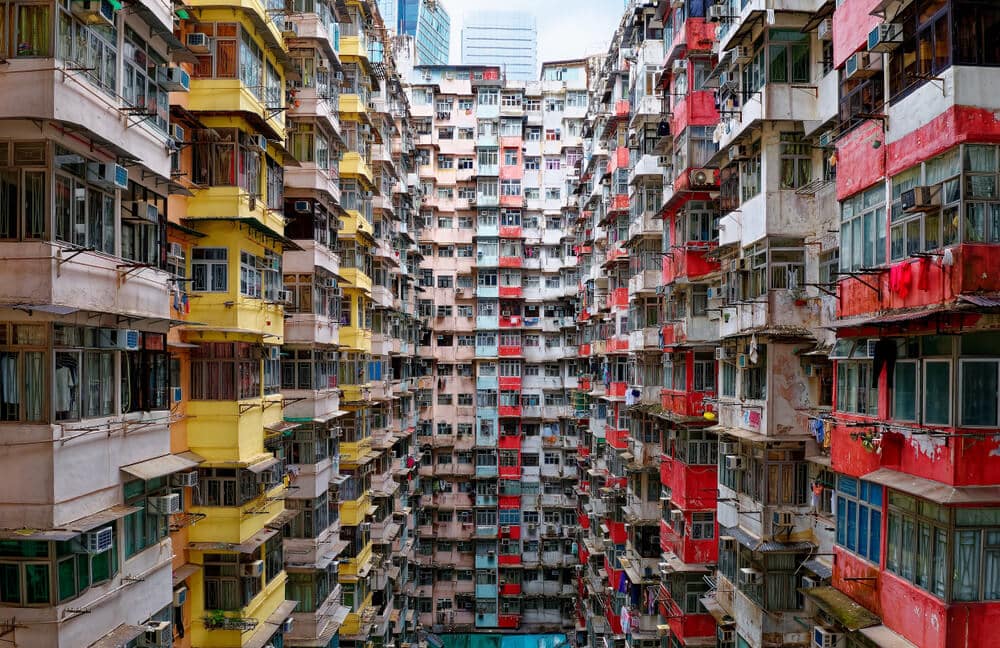
Why is public housing important in Singapore?
Public housing in Singapore serves an essential social function in providing affordable homes for most Singaporeans.
The government recognized the need to create a public housing system shortly after independence to address the severe housing shortage in the country.
How has public housing evolved in Singapore over the years?
Over the years, the government has made considerable investments in public housing.
This includes upgrading existing flats, introducing new models, and providing additional resources such as facilities, neighborhood parks, and community centers.
Today, the HDB provides housing for over 80% of the population, with flats available in various sizes and types to cater to different needs and budgets.
What are HDB flats, and how do they function?
HDB flats are government-owned apartments that have been leased to Singaporeans for 99 years.
The flats are available in different sizes and types, from studio to executive flats.
They are meant to provide affordable homes catering to other income groups’ needs and family sizes.
After the lease expires, the flat will be returned to the government.
Exploring the voluntary early redevelopment scheme (Vers)
What is the Vers scheme, and how does it work?
Vers is a voluntary early redevelopment scheme that allows HDB flat owners to vote to redevelop their estate once the 70-year lease of the flat nears its end.
It is voluntary, and there is no obligation for the HDB flat owners to participate in the scheme.
If the estate is selected for Vers, HDB flat owners will be compensated for their homes and can choose to purchase a new flat at a replacement site or in the same estate after redevelopment.
What happens when the 70-year lease of the flat nears its end?
When the lease of the flat nears its end, homeowners may face issues with their home’s value due to the lease decay issue.
This is when the value of a home decreases as the remaining lease decreases.
Concerns around this issue have driven the government to introduce schemes like Vers and SERS to provide better options for homeowners before the end of their lease.
How does Vers benefit flat owners and Singaporeans?
For HDB flat owners, Vers offers the opportunity to upgrade the quality of their living environment and enjoy new facilities, contributing to greater comfort and convenience.
For Singaporeans, Vers contributes to the overall renewal of the cityscape and ensures that public housing remains affordable and sustainable.
Overview of the selective en bloc redevelopment scheme (SERS)
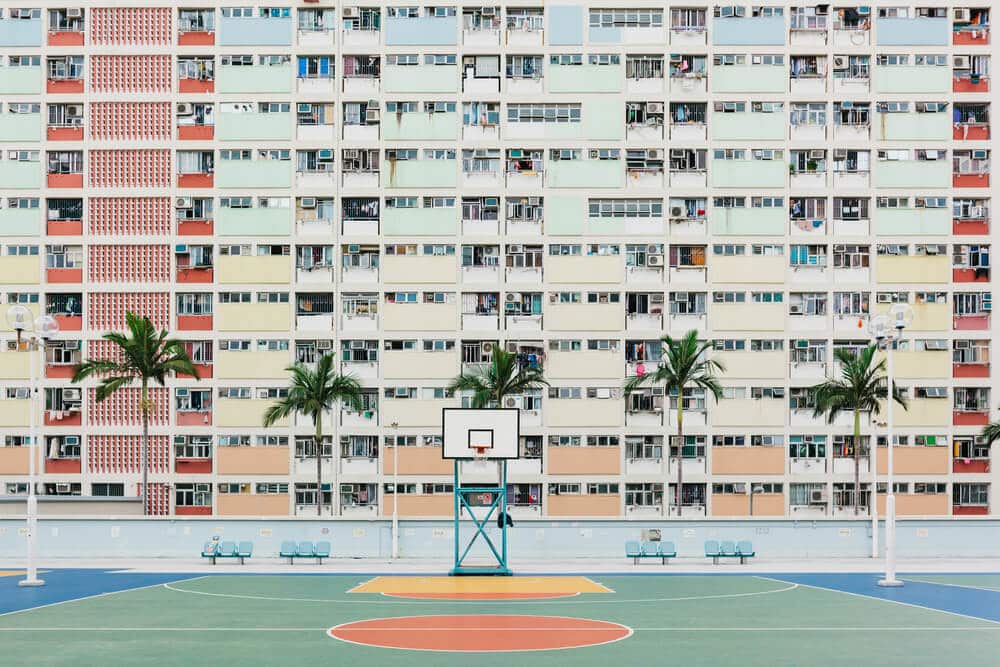
What is the SERS scheme, and how does it differ from Vers?
The Selective En Bloc Redevelopment Scheme (SERS) is a government initiative that selects specific HDB estates for comprehensive redevelopment.
It differs from Vers as it depends on the government setting the specific estate for redevelopment.
HDB flat owners are then eligible for compensation and the opportunity to purchase a new flat in a new estate.
What are the criteria for a flat to be eligible for SERS?
Flats eligible for SERS are typically older HDB flats in an area with high redevelopment potential.
The HDB selects the estates for SERS based on various factors, including age, remaining lease, location, and condition.
What happens to the residents and their flats during SERS?
HDB flat owners will be compensated for their homes during SERS based on the market value.
They will also be offered a replacement flat or relocated to another housing estate.
The government aims to provide residents with a new flat in the same estate or nearby, ensuring they avoid significant disruption.
Comparing Vers and SERS: Similarities and differences
How do Vers and SERS compare in terms of redevelopment potential?
Both Vers and SERS are government initiatives to renew public housing in Singapore.
They target older HDB estates with high redevelopment potential, ensuring they remain relevant, liveable, and sustainable for Singaporeans.
What are the key differences between the two schemes?
Vers is a voluntary scheme that allows HDB flat owners to vote to redevelop their estate.
On the other hand, SERS is dependent on the government selecting the specific estate for redevelopment.
HDB flat owners are then eligible for compensation and the opportunity to purchase a new flat in a new estate.
What are the limitations of both schemes?
The main limitation of both schemes is that not all HDB flat owners will be eligible.
This is because the plans target older flats with high redevelopment potential, and not all apartments will meet this criterion.
Additionally, suitable flats may not be selected for redevelopment, impacting the scheme’s effectiveness.
The Role of the Government in Renewing Older Housing Estates

What is the government’s policy on renewing older HDB flats?
The government’s policy on renewing older HDB flats is simple: to ensure that public housing continues to be of good quality and meets the changing needs of residents.
Older HDB flats may have a lot of wear and tear and may no longer meet the expectations of current homeowners.
Therefore, the government seeks to renew these estates to bring them up to standard.
What are the benefits of renewing older HDB flats?
There are several benefits of renewing older HDB flats:
- It will enhance the living conditions of the residents. Renewal work will ensure that the buildings are structurally sound and that all common areas are clean and well-maintained.
- It will increase the value of the properties. A renewed flat will be more attractive to potential buyers, increasing its resale value.
- It will give residents a sense of pride and ownership in their homes and communities.
How does the government select which estates to renew?
The government has a rigorous process for selecting which estates to renew.
It considers factors such as the age of the estate, the condition of the buildings, the amenities available, and the level of demand for the area.
Once an estate has been selected for renewal, the government will engage with the residents and seek their feedback and input.
Addressing the Issue of Lease Decay in Public Housing
What is lease decay in public housing?
Lease decay refers to the phenomenon where the remaining years of a lease on an HDB flat decrease in value, often resulting in lower resale values and difficulty securing bank loans.
For HDB flat owners, this means that as their leases reach the end of their 99-year terms, the value of their flats will decrease.
As a result, many HDB flat owners may need help selling their apartments or may have to sell them at a lower price.
How does lease decay impact HDB flat owners?
Lease decay has a significant impact on HDB flat owners.
As the years tick down on their leases, they face difficulties in selling their properties and securing bank loans.
This can also affect those looking to buy older flats, as banks may be reluctant to lend on properties with fewer years left on the lease.
Furthermore, elderly HDB flat owners may wish to monetize their flats to supplement their retirement income but may be restricted by the number of years left on the lease.
What measures has the government taken to address lease decay?
The government has taken several measures to address the issue of lease decay in public housing.
One such measure is the Lease Buyback Scheme, which allows HDB flat owners to sell part of their remaining leases to the government and receive a lump sum payment in return.
This enables them to monetize their flat while still being able to live in it.
Another measure is the Selective En Bloc Redevelopment Scheme (SERS), which allows the government to acquire aging HDB blocks and redevelop them into new flats.
This enables HDB flat owners to move into new homes with longer leases.
The Impact of the Vers and SERS Schemes on HDB Flat Owners

What is the Vers scheme?
The Voluntary Early Redevelopment Scheme (Vers) is a new government initiative to redevelop older HDB flats.
Under Vers, HDB flat owners can vote for redevelopment when their flats reach 70 years of lease remaining.
The redevelopment will result in new apartments with a fresh 99-year lease.
What is the SERS scheme?
The Selective En Bloc Redevelopment Scheme (SERS) is another government initiative to redevelop older HDB flats.
Under SERS, the government selects aging HDB blocks for redevelopment.
HDB flat owners receive compensation and can choose to move into new apartments with a fresh 99-year lease or receive a lump sum payment from purchasing another flat.
How do these schemes impact HDB flat owners?
The Vers and SERS schemes have a significant impact on HDB flat owners.
Those benefitting from the redevelopment will receive new flats with fresh 99-year leases.
However, for some, buying back the new apartment may not be financially viable.
Those who do not opt for redevelopment will receive compensation based on the value of their flat.
The payment can be used to purchase another flat or to supplement their retirement income.
Eligibility Criteria for Vers and SERS: Who Can Benefit?
What are the eligibility criteria for the Vers scheme?
To be eligible for the Vers scheme, the HDB flat must have reached 70 years of lease remaining, and most flat owners must agree to the redevelopment.
Flat owners who disagree can still receive a compensation package based on the value of their flat.
What are the eligibility criteria for the SERS scheme?
The eligibility criteria for the SERS scheme vary as the government selects aging HDB blocks for redevelopment on a case-by-case basis.
However, some factors considered include the age and condition of the blocks, the amenities available, and the level of demand for the area.
Who can benefit from these schemes?
The Vers and SERS schemes could benefit HDB flat owners who live in older HDB flats and wish to move into newer homes with fresh 99-year leases.
The systems also help those who want to monetize their flats and supplement their retirement income.
However, it is essential for HDB flat owners to carefully consider their options before deciding whether to participate in these schemes.
Exploring the Redevelopment Potential of HDB Flats

What is the redevelopment potential of HDB flats?
Many HDB flats in Singapore have the potential to be redeveloped, as they are located in areas with high redevelopment potential.
These flats are typically situated in established HDB towns with good transport links and amenities, which makes them attractive to developers.
How can HDB flats be redeveloped?
There are several ways in which HDB flats can be redeveloped.
One way is through the Vers scheme, which allows HDB flat owners to vote for redevelopment when their flats reach 70 years of lease remaining.
Another way is through the SERS scheme, where the government selects aging HDB blocks for redevelopment.
Finally, the government may acquire land in areas with high redevelopment potential and redevelop the land into new flats.
What is the government’s plan for the redevelopment of HDB flats?
The government’s plan to redevelop HDB flats is to ensure that public housing continues to be of good quality and meets the changing needs of residents.
As such, it will continue to explore ways to renew and redevelop older HDB flats and identify sites with high redevelopment potential.
This will help ensure that all HDB flat owners, regardless of location, can benefit from redevelopment initiatives.
Examining the Remaining Lease and End of Lease Concerns
How can flat owners check their remaining leases?
Flat owners can check their remaining HDB lease through the government’s My HDBPage portal, which contains information on their flat such as the lease commencement date and remaining lease.
They can also obtain a hard copy of the lease details from the HDB Branches.
What happens when the lease expires?
When the HDB lease expires, the ownership of the flat reverts to the government, and the flat becomes part of the state’s land bank.
Flat owners will no longer be able to live in the apartment, and HDB will progressively take back flats once their leases expire.
However, eligible flat owners can sell their flats back to the government before the lease expires.
Can flat owners apply for another lease extension?
Flat owners whose leases are about to expire or have already passed are not eligible for a lease extension.
HDB will take back these flats and redevelop them under the Vers scheme.
The Government’s Efforts to Compensate Residents Affected by Vers and SERS

How does the government compensate residents whose flats are taken back?
The government offers compensation through various means, including Home Loss Compensation and Disturbance Compensation.
The former is typically 5% of the market value of the flat, subject to a cap, while the latter ranges from $1,000 to $10,000, depending on the size of the flat and the distance to the designated replacement site.
The government may also provide an Additional Housing Grant (AHG) for eligible residents who purchase a new flat after selling their old one back to the government.
What are the eligibility criteria for compensation?
To be eligible for compensation, residents must live in the flat before the government takes it back and must have met all housing regulations and requirements.
They must also have completed the Minimum Occupation Period (MOP) and fulfilled other criteria set by the government.
What happens if residents refuse to sell their flats back to the government?
If residents refuse to participate in Vers or SERS and the government takes their flats back at the end of their leases, they will not be entitled to compensation.
They will have to vacate the flat and cannot enjoy the benefits of redevelopment or purchase a new flat at a designated replacement site.
Implications of the Vers and SERS Schemes on the Housing Market
How does Vers affect the value of HDB flats in the market?
The impact of Vers on the value of HDB flats in the market is mixed.
On the one hand, the scheme allows homeowners to sell their flats to the government, thereby increasing the supply of apartments in the resale market.
On the other hand, the system also reduces the collection of older flats in the market, which could increase their value if demand remains constant.
What are the implications of Vers on public housing redevelopment?
Vers enables the government to renew and redevelop older HDB flats with high redevelopment potential.
This improves the living conditions of HDB residents and helps optimize land use in Singapore.
Vers and the Selective En Bloc Redevelopment Scheme (SERS) form part of the government’s efforts to renew our older housing estates and ensure they remain relevant and liveable for Singaporeans.
What are the potential benefits and drawbacks for property owners?
For property owners who qualify for Vers and SERS, the schemes offer several benefits, such as cash compensation, the opportunity to purchase a new flat with a whole 99-year lease, and the potential to benefit from redevelopment.
However, some owners may also experience drawbacks, such as having to leave the familiar neighborhood or facing difficulties finding another flat to live in.
Case Studies: Successful Vers and SERS Projects in Singapore

What are some notable Vers and SERS projects in Singapore?
Some notable Vers and SERS projects in Singapore include the Dawson and Tanglin Halt estates, redeveloped under SERS, and the Braddell View and East Coast estates, undergoing redevelopment under Vers.
What were the results and outcomes of these projects?
The redevelopment of these estates has resulted in improved living conditions and amenities for HDB residents, such as more green spaces and community facilities.
In addition, the redevelopment has rejuvenated the neighborhood and increased its value.
How did the affected residents respond to the projects?
The responses from affected residents were mixed.
While some welcomed the opportunity to upgrade their homes and live in a better environment, others faced challenges such as adjusting to a new neighborhood or finding alternate housing options.
Overall, the projects have been relatively successful, and the government has continued to refine and improve the schemes to serve residents’ needs better.
Looking Towards the Future: Prospects and Challenges for Public Housing Redevelopment
What is the government’s plan for the future development of public housing?
The government’s plan for public housing development includes the following:
- Continuing with the Vers and SERS schemes.
- Exploring new modes of housing provision, such as community living.
- Ensuring that new products are sustainable and resilient to climate change.
How will the aging population affect public housing redevelopment?
The aging population presents challenges for public housing redevelopment as more flats become eligible for Vers and SERS, and there is a greater need for elderly-friendly facilities and amenities.
The government has announced plans to build more studio apartments, eldercare facilities, and community care centers to cater to the needs of older people.
What are some of the challenges that the government may face in implementing Vers and SERS?
One of the main challenges that the government may face in implementing Vers and SERS is ensuring that affected residents are adequately compensated and can find suitable alternative housing.
There is also a need to balance the interests of different stakeholders, such as flat owners, developers, and the community.
Finally, the government must also address issues such as sustainability, accessibility, and inclusivity in its redevelopment plans.
Conclusion
In conclusion, the Vers and SERS schemes play a crucial role in the renewal of older housing estates in Singapore.
These schemes allow HDB flat owners to upgrade their living environments, enjoy new facilities, and live in more modern and convenient homes.
Both projects contribute to the overall renewal of the cityscape and ensure that public housing remains affordable and sustainable.
While Vers is a voluntary scheme allowing flat owners to vote for redevelopment, SERS depends on the government’s selection of specific estates for comprehensive redevelopment.
HDB flat owners who qualify for these schemes can benefit from compensation and the opportunity to purchase new flats with fresh 99-year leases.
Frequently Asked Questions
What is vers?
Vers or Voluntary Early Redevelopment Scheme is a program introduced by the Singapore government in August 2018.
It allows owners of old Housing and Development Board (HDB) flats to sell their units back to the government before their leases expire in exchange for compensation that can be used to finance a new home.
Why was Vers introduced?
Vers was introduced to address the aging HDB flats in Singapore.
As many HDB flats were built in the 1960s and 1970s, the government was concerned that these old flats may pose safety and health hazards and affect the value of neighboring properties.
The government hopes to rejuvenate older estates and enhance Singapore’s urban landscape by redeveloping the land on which these flats sit.
What is the advantage of selling my HDB flat back to the government through Vers?
The advantage of selling your HDB flat through Vers is that you can receive compensation that can be used to finance a new home.
This compensation can be substantial, especially for apartments with high redevelopment potential.
Additionally, you do not have to worry about finding a buyer for your old flat or paying agent fees, as the government will oversee the sale process.
What is a 99-year HDB lease?
A 99-year HDB lease is the duration for which the government leases the land on which an HDB flat is built.
Once this lease expires, the land reverts to the government, and the homeowner will no longer hold any ownership rights over the flat.
What happens to my old HDB flat once I sell it back to the government through Vers?
Once you sell your old HDB flat back to the government through Vers, the government will demolish the flat and redevelop the land.
Depending on the government’s plans, the newly developed land may be used for commercial or residential purposes.
Can private developers participate in vers?
Yes, private developers can participate in vers.
Under the program, developers can work with the government to redevelop the land where old HDB flats sit.
In exchange, the developers can acquire the land and build new developments.
Is it compulsory for HDB flat owners to participate in vers?
HDB flat owners can skip participating in vers.
The government introduced the program as a voluntary scheme, meaning that homeowners can opt-out if they do not wish to participate.
What is the national day rally speech, and how is it related to Vers?
The national day rally is an annual speech by the Prime Minister of Singapore, Lee Hsien Loong.
In his 2018 speech, the Prime Minister announced the launch of the same program as part of the government’s efforts to rejuvenate older estates.
He also announced that selected old HDB flats with high redevelopment potential have already been identified for vers.
Who is the Minister for National Development?
The Minister for National Development is Desmond Lee.
He oversees the government’s efforts to develop Singapore’s infrastructure and housing estates.











